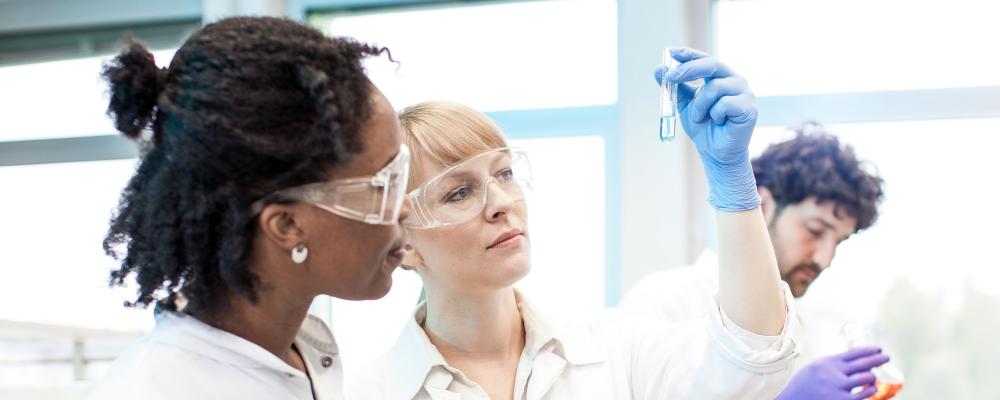On 1 November 2023, Stéphan Zientara was appointed Director of the ANSES Laboratory for Animal Health. An inspector general of veterinary public health, he has worked for many years in the study and control of viral animal diseases in France, and at European and international level.
